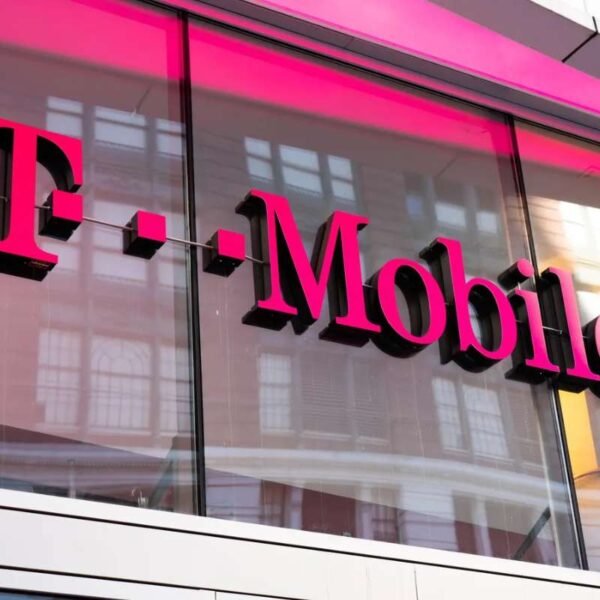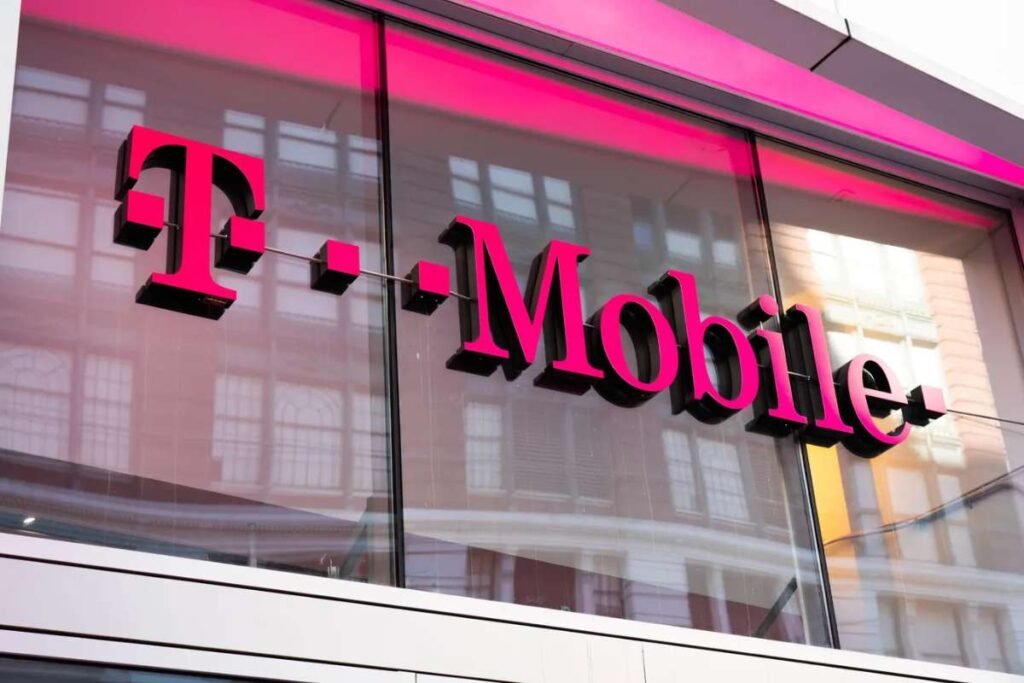Source – The Economic Times
Security Ban Imposed
The Biden administration made a significant announcement on Thursday, declaring a ban on Kaspersky Lab’s cybersecurity products and anti-virus software in the United States. The decision, motivated by national security apprehensions linked to the Russian company, underscores ongoing tensions over data privacy and geopolitical risks.
Rationale Behind the Ban
Commerce Secretary Gina Raimondo underscored that the ban follows an extensive investigation into Kaspersky’s operations, citing longstanding concerns regarding national security. The decision to prohibit Kaspersky products from the U.S. market builds upon a previous 2017 directive that restricted federal agencies from utilizing the company’s software.
“Russia has demonstrated both the capability and, more importantly, the intent to exploit Russian entities like Kaspersky to gather and weaponize the personal data of Americans,” stated Raimondo during a press briefing.
Kaspersky’s Response and Business Impact
In response to the ban, Kaspersky issued a statement refuting allegations of facilitating espionage activities. The Moscow-based firm emphasized that the Commerce Department’s decision seemed influenced by geopolitical factors rather than a comprehensive evaluation of its products’ integrity and services.
Kaspersky, which serves over 400 million users globally and more than 200,000 corporate clients, reported a revenue of $721 million in 2023, reflecting an 11% increase in net sales bookings.
Implementation and Transitional Measures
Effective September 29, the ban on Kaspersky prohibits distributing new products in the U.S., although certain services and updates will continue until that date to facilitate the transition for American consumers and businesses. The Commerce Department clarified that individuals or entities opting to retain Kaspersky products after the deadline assume all associated cybersecurity risks.
The Commerce Department elaborated on the risks posed by Kaspersky, highlighting concerns over the company’s compliance obligations to Russian authorities. This alignment, according to the department, could potentially facilitate unauthorized access to sensitive data stored on devices within the United States, raising significant national security implications.
Broader Implications and Policy Landscape
The ban on Kaspersky Lab‘s products marks a continuation of U.S. efforts to mitigate risks associated with foreign-owned technologies. Similar concerns have previously led to restrictions on apps like TikTok, reflecting heightened scrutiny over data privacy and security in the digital age.
Commerce Secretary Raimondo emphasized the evolving nature of national security threats, noting that modern security concerns increasingly center around technology and data, rather than traditional military assets.
As the geopolitical landscape continues to evolve, the Biden administration’s decision underscores ongoing efforts to safeguard American interests in the digital realm, setting a precedent for future regulatory actions aimed at mitigating cybersecurity risks from foreign entities.










